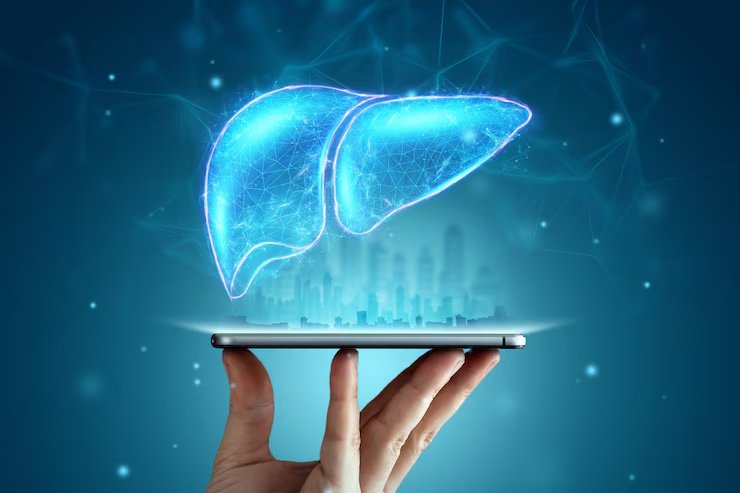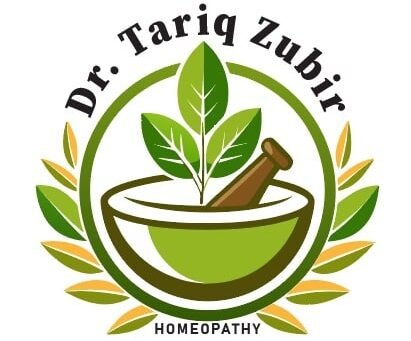
Understanding Liver Disease: Causes, Symptoms & Prevention
The liver is one of the most vital organs in the human body, responsible for detoxifying harmful substances, aiding digestion, and storing nutrients. Yet, many people are unaware of how vulnerable this powerhouse organ can be. Liver disease refers to any condition that damages the liver and affects its function. If left untreated, it can lead to liver failure—a life-threatening condition.
Common Causes of Liver Disease
Liver disease can stem from a wide range of causes, including:
- Alcohol abuse: Excessive and long-term alcohol consumption is one of the leading causes of liver damage, often resulting in fatty liver, hepatitis, or cirrhosis.
- Hepatitis viruses: Hepatitis A, B, and C are viral infections that can inflame the liver, sometimes progressing to chronic liver disease.
- Non-alcoholic fatty liver disease (NAFLD): Common in individuals who are overweight or have diabetes, NAFLD is becoming a major concern globally.
- Autoimmune conditions: Diseases like autoimmune hepatitis cause the body to attack its own liver cells.
- Genetic disorders: Conditions like hemochromatosis (iron overload) or Wilson’s disease (copper buildup) can lead to liver dysfunction.
Signs and Symptoms
Liver disease often progresses silently until significant damage has occurred. However, some early warning signs include:
- Fatigue or weakness
- Jaundice (yellowing of the skin and eyes)
- Dark urine and pale stool
- Swelling in the legs and abdomen
- Nausea or vomiting
- Easy bruising or bleeding
Prevention and Management
While some liver diseases are genetic, many can be prevented or managed through lifestyle choices:
- Limit alcohol intake or avoid it entirely.
- Eat a balanced diet low in saturated fats and high in fiber.
- Exercise regularly to maintain a healthy weight.
- Get vaccinated for hepatitis A and B.
- Avoid sharing needles or personal items that may be contaminated.
- Use medications wisely—many drugs and supplements can harm the liver when used incorrectly.
Final Thoughts
The liver plays an essential role in overall health, yet it’s often neglected until problems arise. Regular check-ups and simple lifestyle changes can go a long way in protecting this vital organ. If you experience symptoms or have risk factors for liver disease, speak with a healthcare provider. Early detection can make a life-saving difference.
